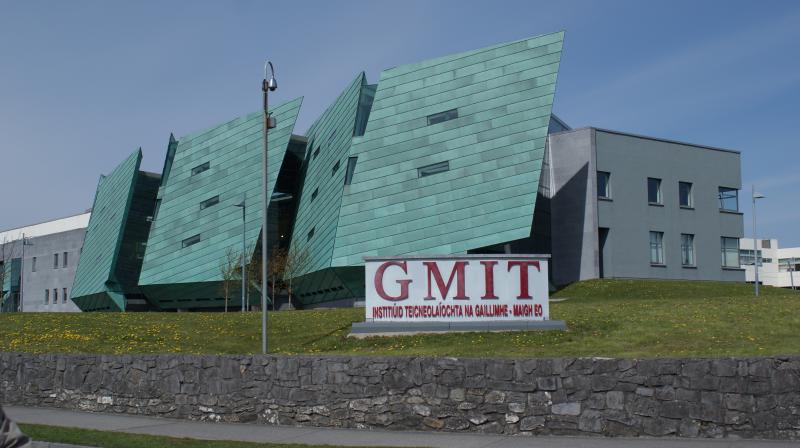If you’re considering where to study for your undergraduate programme, GMIT might be the option for you. A recent survey has revealed that 87% percent of GMIT graduates (Class of 2017) were in employment or further study nine months after graduating.
GMIT Graduates: the Numbers
According to the latest “HEA Graduate Outcomes Survey – Class of 2017”, 69% were working full-time, 10% working part-time, 7% were engaged in full-time study or training while 1% were engaged in part-time further study or training. 1% were due to start a job three months thereafter, 7% were unemployed and looking for work, and 6% were engaged in home duties or other activities.
Graduates were surveyed nine months after graduation to confirm their situation as at 31 March 2018. (The total cohort surveyed was 1,692. Of these 1,214 received the survey. 478 were continuing graduates in GMIT).
62% of those in employment are working in Connacht region. 8% of Level 8 (honours degree) graduates went on to post-graduate study. Almost 60% graduates had undertaken placement or an internship during the course of study and 85% said they would be likely or very likely to do the same qualification if given the opportunity.
College Response
GMIT Careers Officer Bridie Killoran says: “The survey found that 61% of GMIT graduates had starting salaries greater than €25,000. The number of graduates in full-time or part-time employment has increased markedly when compared with GMIT’s survey from the previous year. This confirms a more buoyant workplace and demand for graduates. This is especially so for graduates in engineering, computing and science. All of our nursing graduates are in employment.”
“GMIT has been serving industry and advancing the skills of the workforce since the college was founded in 1972. The Institute’s vision is that graduates will fully contribute to the social, economic and cultural betterment of its regions and society. GMIT has one overarching goal -employability of our graduates through equipping them with the knowledge, skills, personal attributes and confidence to reach their career aspirations whilst ensuring we meet the needs of our industry partners”, says Ms Killoran.
“It is widely recognised within the region that our graduates are work-ready and resourceful, and highly sought-after by employers. Employability is a key strategic priority for the Institute and recently the college has developed an Employability statement which sets out the ways in which it gives opportunities to students to develop their employability skills so that they will become the best prepared graduates in the region”.
Further Reading
The “HEA Graduate Outcomes Survey – Class of 2017” report produced by the HEA now includes Institutes of Technology (IoTs) along with the universities. Read the report in full: http://hea.ie/assets/uploads/2019/02/HEA-Graduate-Outcomes-Survey.pdf












Comments